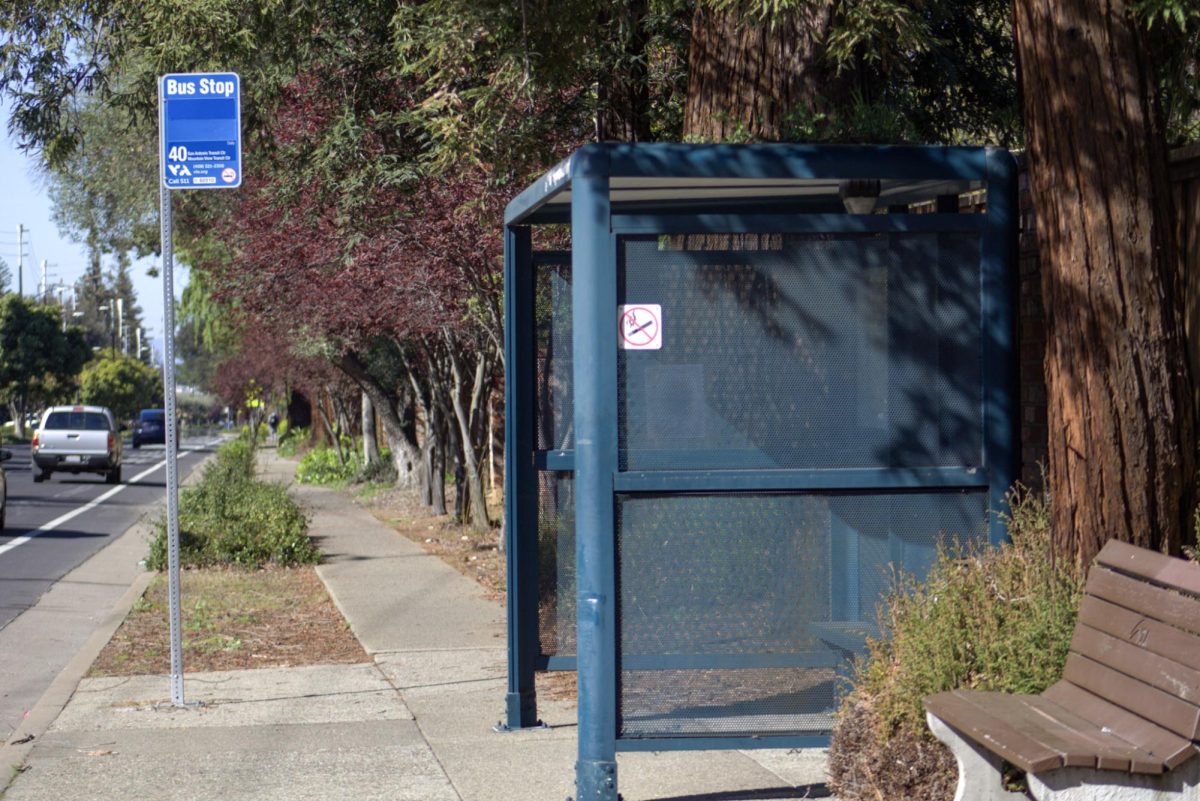Many departments at school have staff who participate in a reading apprenticeship group, which helps teachers make changes to their curriculum so that students can read and use their textbooks more efficiently.
The English, Social Studies, Science, Math, World Language and the Special Ed departments are involved in the group.
Staff members attended trainings and seminars held at the Oakland office of WestEd, an organization that receives grants and funding to study research and teaching methods.
The WestEd researchers also designed a study to find how students of different grade levels get information from text.
Seniors in English teacher April Oliver’s class and freshmen in English teacher Keren Robertson’s class read a poem by Gwendolyn Brooks and an excerpt from “House on Mango Street” for the study. The data collected will be used in the group’s five-year study of how kids use text to get evidence.
Some of the group’s current plans are to encourage students to follow a process of thinking out loud, making predictions, visualizing and breaking writing into chunks.
However, some teachers believe that the reading apprenticeship group’s plans are unnecessary.
Math teacher and Reading Apprenticeship member Carol Evans explained a possible reasoning behind certain teachers’ reluctance to implement the group’s plans.
“Some teachers have put many hours into creating lesson plans,” Evans said. “They don’t want to change them. [Incorporating the plans is] easier with a new class.”
However, Oliver saw good results come through after incorporating reading plans.
“I think it’s making a big difference; [it gives] students more power to work independently,” Oliver said. “It allows students not to have to wait to be told what that reading meant, but to be able to work through it on their own; to feel that kind of power and independence.”
Evans believes that teaching students to learn to use and understand their textbooks is a skill that will be useful in the future.
“If I don’t teach students [reading] independence in high school, they’re not going to know how to do it in college,” Evans said. “It’s not a zero investment.”








